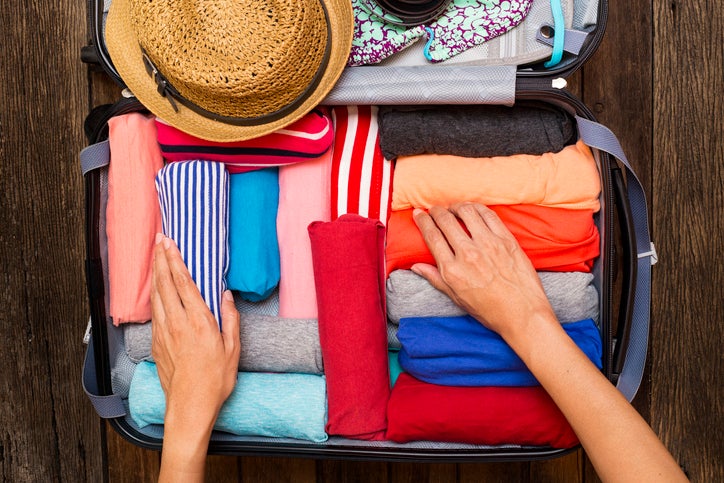It’s becoming harder and harder to follow the Foreign Office’s travel advice
With airlines still flying to destinations, refunds for booked holidays scarce, and lots to lose through cancelled travel plans, people are simply ignoring government advice, says Qin Xie


The weekly quarantine roulette has become an unwelcome addition to the pandemic routine.
On Thursdays, around 5pm, transport secretary Grant Shapps announces changes to the travel corridors list. On Fridays, those who don’t want to or can’t afford to self-isolate for two weeks make an expensive mad dash back across the border to the UK. On Saturdays, at 4am, an invisible border is erected – anyone crossing it afterwards must quarantine.
The Foreign Office, recently rebranded from the FCO to the FCDO, has been following the Department of Transport’s lead – destinations struck off the travel corridors list are also crossed off its list of places previously deemed “safe” to visit for UK travellers.
And savvy to this new weekly shuffle, travellers are increasingly booking their trips at the very last moment. Comparison site Skyscanner told The Independent that 22 per cent of flights were booked within the week of departure in August.
There are two sides to this sorry statistic. First, the hunger for travel hasn’t stopped, which is great news for the industry. Second, given that the majority of would-be holidaymakers simply don’t have the flexibility to book trips at the drop of a hat, it’s become clear this quarantine roulette is killing an industry that supports millions of jobs.
The result? FCDO advice is increasingly being ignored by both businesses and consumers.
For consumers, it’s becoming harder to get full refunds for cancelled holidays because of FCDO advice, and airlines are continuing to fly to affected destinations.
And with insurers making affordable coverage widely available for countries on the no-go list – coverage normally reserved for war-torn nations – there’s even more incentive for people to ignore the FCDO instead of being left out of pocket.
Case in point, one holidaymaker said of their upcoming Kenyan safari holiday: “We have our virus test booked, we have travel insurance, and we work from home so see no reason not to travel because of this silly unenforced quarantine.”
The whole of Africa has been deemed unsafe by the way, but sales of safari holidays are soaring.
And of course, there’s the fact that FCDO’s advice is just that – advice. It’s not the law and there are no penalties if you don’t follow it, unlike quarantine restrictions.
But it does make me wonder: if the gospel of FCDO advice, once held in such high regard, is being ignored today, what will be ignored tomorrow?
The government has made small steps to rectify this dire situation by finally launching regional travel corridors this week – something the industry has been pleading for, for weeks. But it needs to do so much more to win back our confidence in the decisions it’s making related to travel, and frankly everything else.
Yours,
Qin Xie
Acting travel editor

Join our commenting forum
Join thought-provoking conversations, follow other Independent readers and see their replies
Comments